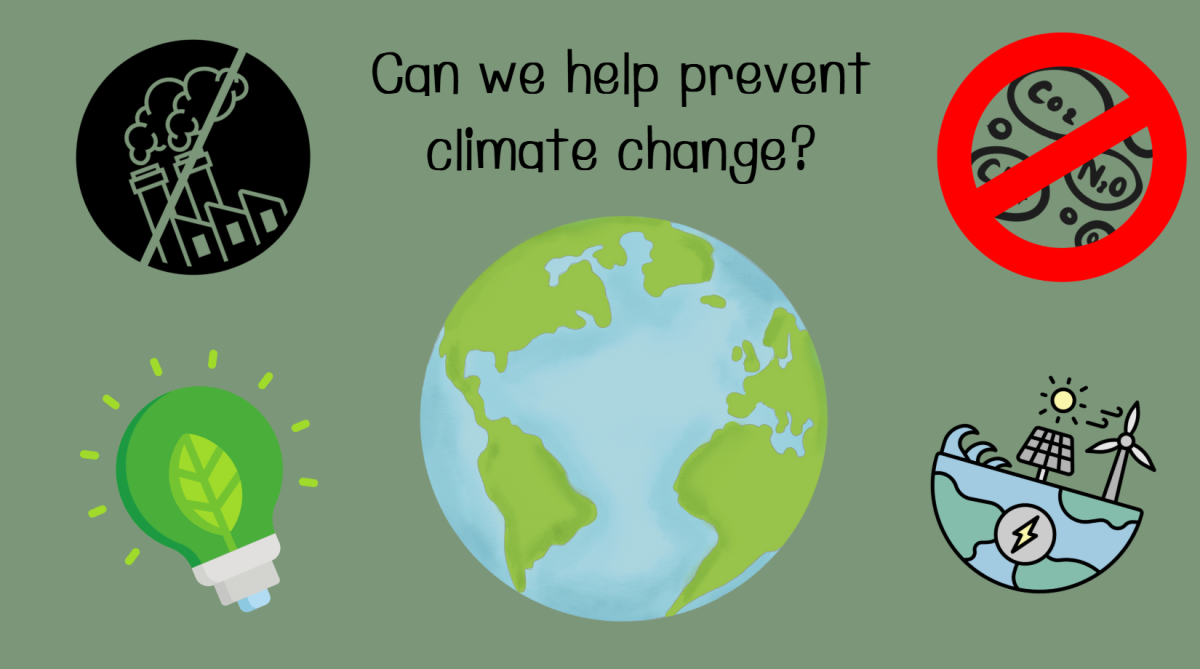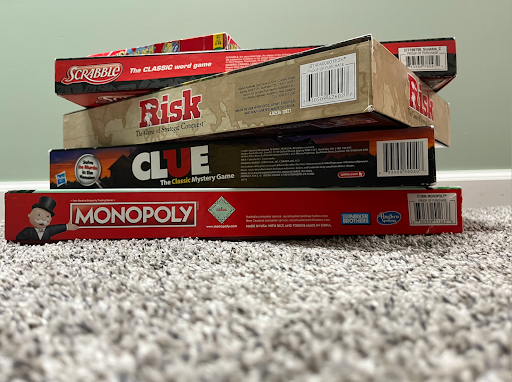No one expected a tragedy on the morning of Jan. 28, 1986 as Christa McAullife, an ordinary American citizen going to be an astronaut with very minimal knowledge, boarded the Challenger. Everyone in the country said “Nothing can go wrong, right? There have never been any rocket accidents before! Why would the rocket fail? It won’t.”
Unfortunately, these assumptions weren’t true. Approximately 73 seconds after takeoff (Britanica), the Challenger exploded in the air, killing everyone on board in the process. This wouldn’t have happened if there weren’t as much of selecting American citizens to go to space. Yet still, this process happens today. This is the debate of Space Tourism, where private space companies send ordinary citizens to space as tourists. This should be banned. Let’s dive into why.
Some people say space tourism would generate a lot of money. This is theoretically true. Space tourism is estimated to generate $4 billion in annual revenue by 2030. However, it might take several decades or even centuries before you can go on space tourism. A single passenger flight costs $450,000 – that’s more than the cost of buying 8,000 chromebooks, enough to supply the devices needed for approximately half of the Ann Arbor Public School (AAPS) student population. By comparison, the average net worth of an adult is $84,000. Moreover, to reduce the numbers, roughly 1.5 billion adults have less than $10,000. Unless you are some kind of celebrity worth millions or even billions of dollars, you’re not going to be a space tourist anytime soon . . . So if you can’t afford it, why do it at all?
More people also argue space tourism is safe. For example, tourist Dennis Tito went to the International Space Station (ISS) and back in 2001 without any incidents. However, this doesn’t matter. It’s only a coincidence. As explained earlier, in 1986 an ordinary American citizen with only minimal training launched into space and died. Therefore, we can’t possibly predict if space tourism will be safe or not, and the life of people costs more than the estimated revenue of $4 billion.
Nevertheless, some people still argue that, since big companies like SpaceX and Blue Origin support it, space tourism is a good thing. This doesn’t matter — there are lots of incidents when companies waste money into a product that isn’t good. For example, around 2018, SoftBank spent $10 billion in investments into WeWork, which was supposed to be an enormous workspace company. WeWork started out good, totaling $47 billion, but it quickly fell to $8 billion just months later, and eventually went bankrupt. In summary, SoftBank wasted $10 billion into a company that turned out to be a failure. Therefore, just because a famous company invests in the product doesn’t mean it will turn out good.
Moreover, it is well known that climate change is a problem, and there are much more in the world. Rather than using all the money on luxury trips that we don’t even know if it’s a good idea, we should use it to solve problems. The natural human generation is selfish, and we need to spend our money, if at all, on stuff that is necessary, not just stuff that feels good to have.
Instead of wasting money to create trips only for the ultra-rich, we should spend our money on more important things. For these reasons, space tourism should not be a thing anymore.







